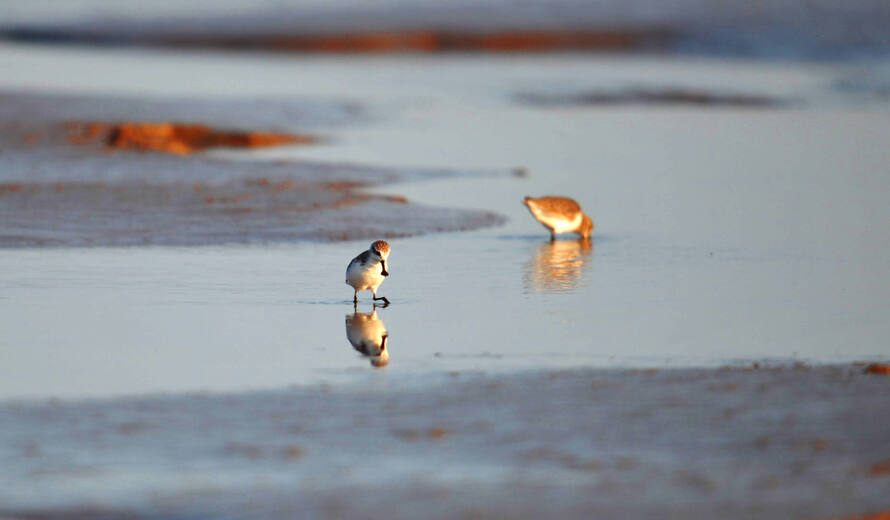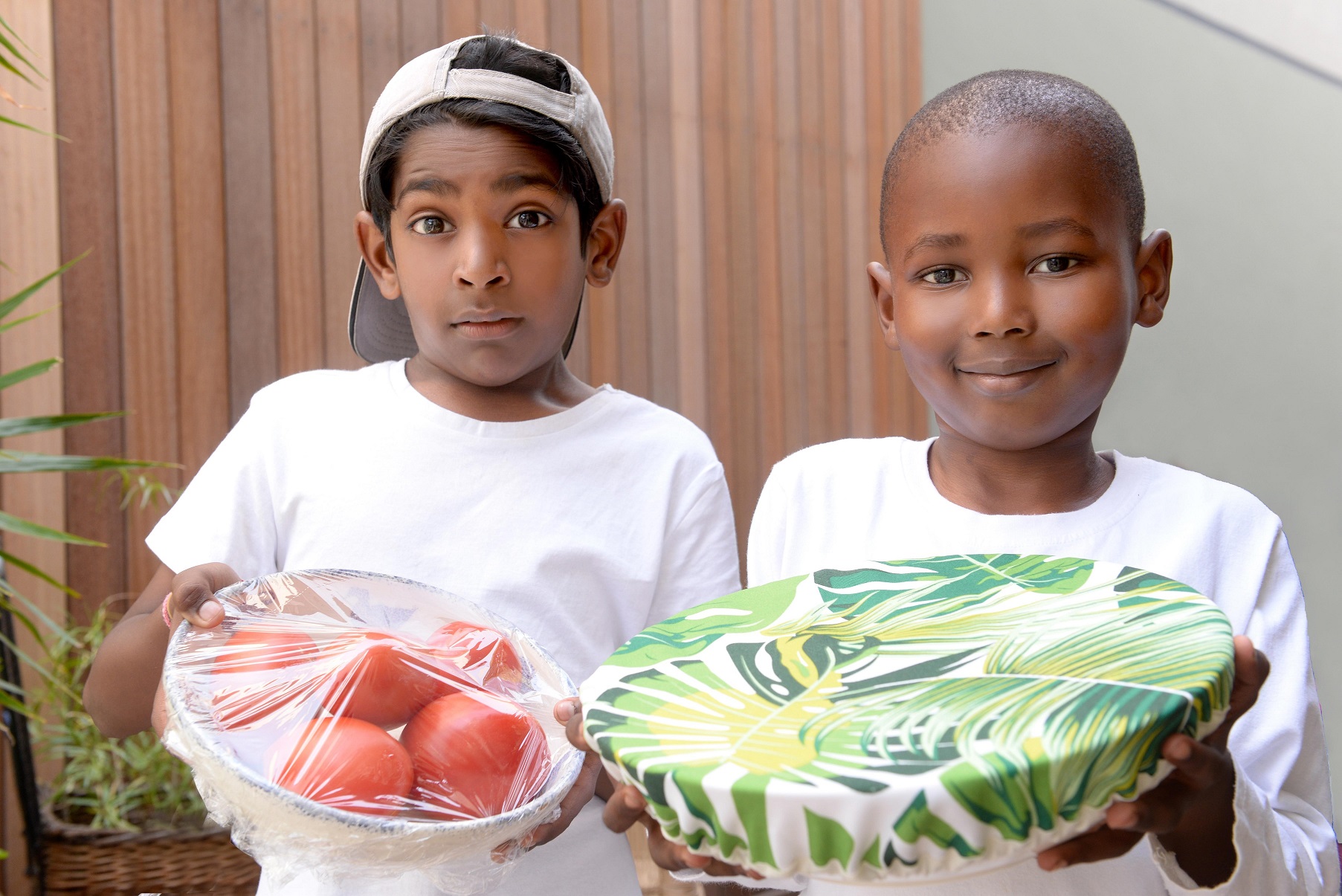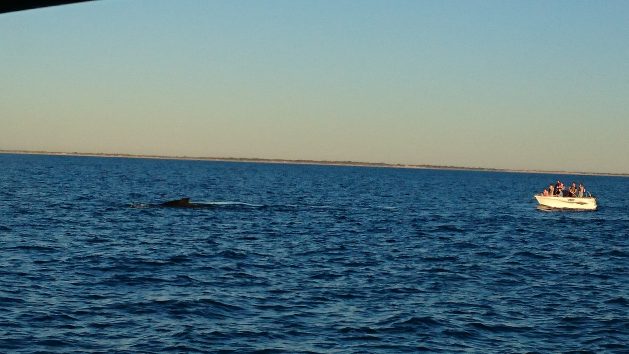Scientists estimate that there are 5.25 trillion bits of plastic debris in the oceans worldwide — that's more plastic pieces than stars in our galaxy.
This year’s World Migratory Bird Day is dedicated to highlighting the problem of pollution with the theme, ‘Protect Birds: Be the Solution to Plastic Pollution.’
The STOMP Awards form part of a nationwide activation ahead of the Cape Town “CLIP Innovation Conference: STEM the tide of plastic waste in Africa.”
The thrill of watching a whale up close or schools of dolphins frolicking in an ocean are much sought after experiences today, boosting the demand for tours that provide people the opportunity to see these marine animals in their natural habitats. But becoming a major tourist drawcard has also exposed cetaceans (whales, dolphins and porpoises) and their environs to risks and challenges.
Climate change is the catch-all term for the shift in weather phenomena associated with an increase in global average temperatures over an extended period, usually decades or longer.
Sources on land blamed for most ocean plastic, but ships may be a bigger problem than thought
- UN raises the alarm over risks emissions pose to marine life
- Uhuru’s single-use plastics ban needs legal backing
- Squid and sanitary wipes: a regular fishing day in the Mediterranean
- Africa: Opinion - Saving the Oceans, Saving Our Future
- State of the oceans: southern African cyclones and droughts are just a taste of things to come






